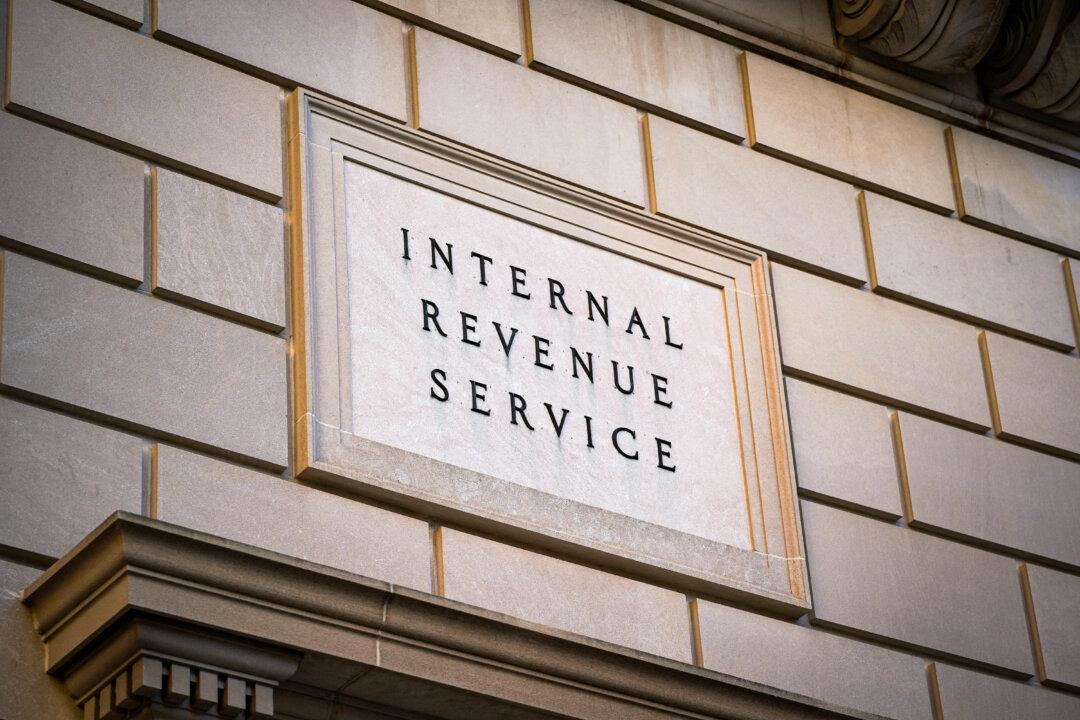WASHINGTON—A former contractor for the IRS was sentenced to five years in prison on Jan. 29 for leaking tax information associated with thousands of individuals, including former President Donald Trump.
Charles Littlejohn, 38, pleaded guilty in October 2023 to one count of unauthorized disclosure of tax returns and return information. He leaked President Trump’s information to The New York Times in 2019 and shared data on some of the wealthiest Americans with ProPublica in 2020. His crime, U.S. District Judge Ana Reyes said, was the “biggest heist” in IRS history. His sentence included $5,000 in fines and community service.






